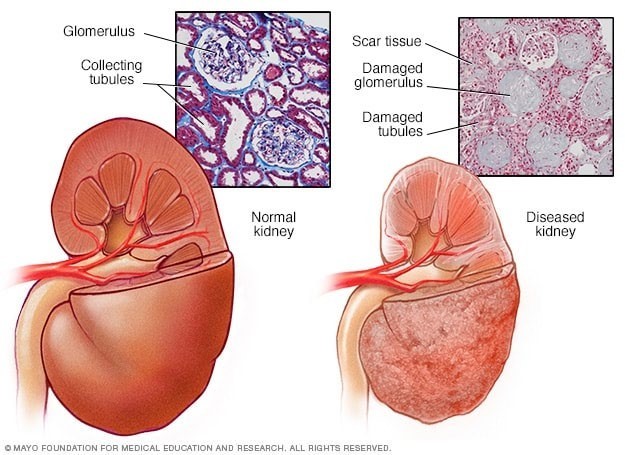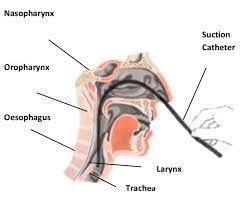A nurse is caring for a client who has end-stage kidney disease. The client has decided to stop dialysis treatment. Which of the following actions should the nurse take?
Support the client's decision to stop the treatment.
Tell the client she should discuss this decision with her family.
Ask the facility chaplain to visit the client.
Discuss alternative treatment methods with the client.
The Correct Answer is A
As a nurse, it is important to respect the client's autonomy and right to make decisions about their own care. The decision to stop dialysis treatment is a personal one and should be respected by the healthcare team. The nurse should support the client's decision and provide information and resources to help the client manage symptoms and maintain comfort during the end-of-life process. It is not appropriate for the nurse to suggest that the client discuss the decision with her family or discuss alternative treatment methods, as these decisions should be made by the client in conjunction with their healthcare provider. It may be appropriate to offer spiritual or emotional support to the client, but this should be based on the client's preferences and not imposed upon them by the healthcare team.

Nursing Test Bank
Naxlex Comprehensive Predictor Exams
Related Questions
Correct Answer is C
Explanation
When collecting a stool specimen to check for occult blood, it is important to avoid certain foods that can affect the test results, such as red meat. Red meat can cause false-positive results due to the presence of heme, which can mimic the appearance of blood in the stool.
By avoiding red meat for at least three days before the test, the client can help ensure more accurate results. pasteurized dairy products do not have a direct impact on stool occult blood test results. However, it is important to note that certain medications, such as bismuth subsalicylate (found in Pepto-Bismol), can affect the test results.
The presence of urine in the stool sample can potentially dilute or mask the presence of blood, leading to false-negative results. It is important
Occult blood testing is typically done as a one-time test unless otherwise specified by a healthcare provider. Collecting a specimen once each week for four weeks is unnecessary unless specifically instructed by the healthcare provider.
Correct Answer is D
Explanation
Waiting 1 minute between suctioning attempts allows the client to recover and ensures that the procedure is not overly invasive. It also helps to prevent the client from becoming hypoxic.
The distance that the nasopharyngeal catheter should be inserted varies from person to person and therefore 10 cm is not standard.
During nasopharyngeal suctioning, the nurse should apply suction intermittently while withdrawing the catheter, not during insertion. Applying suction during insertion can cause tissue damage and increase the risk of trauma.
The nurse should also apply intermittent suction for no longer than 15 seconds to prevent hypoxia and damage to the mucosal lining. Suctioning for an extended period can cause discomfort and harm to the client.

Whether you are a student looking to ace your exams or a practicing nurse seeking to enhance your expertise , our nursing education contents will empower you with the confidence and competence to make a difference in the lives of patients and become a respected leader in the healthcare field.
Visit Naxlex, invest in your future and unlock endless possibilities with our unparalleled nursing education contents today
Report Wrong Answer on the Current Question
Do you disagree with the answer? If yes, what is your expected answer? Explain.
Kindly be descriptive with the issue you are facing.
